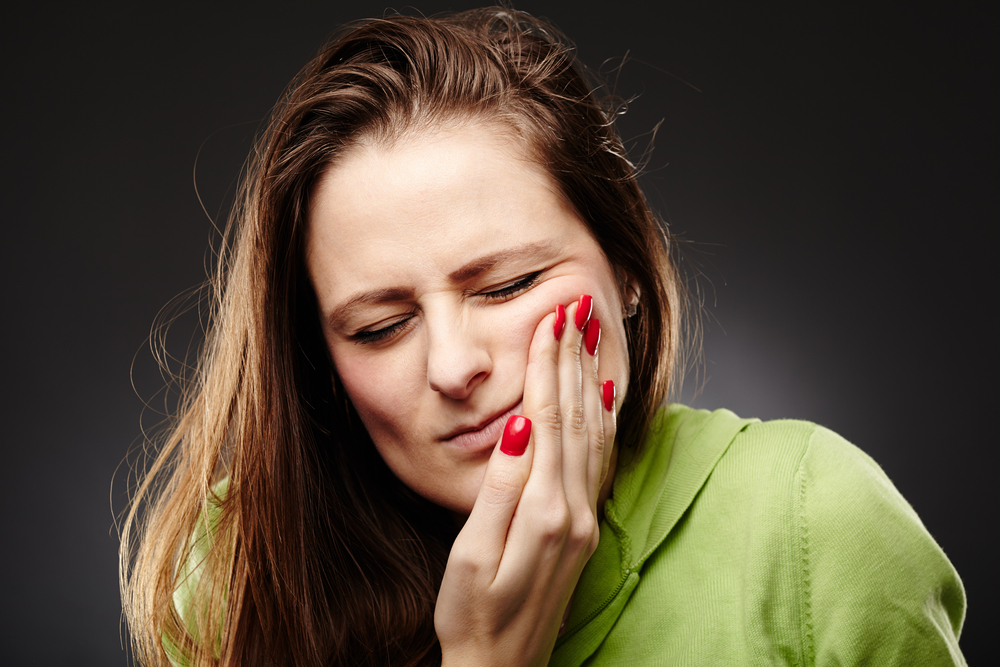A toothache can take the form of many uncomfortable or painful sensations. Sensitivity to hot or cold temperatures, constant soreness, or pain when chewing is all things that you may experience. When you are experiencing a toothache, it is important to schedule an appointment with your dentist for a diagnosis. Since a toothache can worsen over time, it is important to seek treatment as soon as possible. Let’s take a look at the different causes of toothache. If you are experiencing a toothache you can call Chestermere Dental Clinic for an appointment.
Tooth Decay
Tooth decays is when your teeth’s enamel erodes due to the acid production from plaque, a bacteria that forms as a result of sugar consumption. Plaque sticks to your teeth’s enamel while the acid erodes through the enamel. As the enamel weakens, you may start experiencing sensitivity to temperature and touch. The best treatment against tooth decay and cavities to proper oral care and reduced sugar consumption. Regular visits to a dentist near you will also reduce your risk for tooth decay significantly.
Tooth Pulp Inflammation
Tooth pulp inflammation or pulpitis is when the tissue located in the center of your tooth becomes inflamed. This put pressure on the tissue on the outer layers of the tooth and can be an incredibly painful condition, depending on severity. When you suffer from pulpitis, it is critical that you seek treatment immediately.
Root Abscess
This typically happens in the tooth root. Bacteria builds up in the pulp chamber and becomes infected. The infection then tries to move out by occupying the entire root. This can cause intense pain below the tooth. The gums may also start to swell and pain. This can be particularly painful when you are trying to chew or when there is pressure on your tooth. This condition is usually treated with a root canal. Beforehand, your dentist may take an x-ray to determine if the pain is indeed caused by an abscess.
Cracked Tooth
You risk of cracking your tooth is higher if you don’t take care of your oral health. This typically happens when you bite on a hard object. The symptoms of a cracked tooth are often similar to those of tooth decay. Since dental treatment may be necessary, it is important to schedule an appointment with your dentist to seek appropriate treatment.
Sinus Infection
Your teeth, especially your upper teeth, are located directly below your sinus cavities. This means that pain or pressure from your sinuses can cause a toothache. This pain is usually characterized by sensitivity or discomfort. Taking a decongestant may help to alleviate this pain. If this doesn’t work, pay a visit to your healthcare provider for more extensive sinus infection treatment.
Sensitive Teeth
A condition simply called “sensitive teeth” can make it difficult for people to eat or drink things that are hot or cold. These people may even experience discomfort when inhaling through their teeth. The best treatment for sensitive teeth is often to switch to a toothpaste that is specially formulated for people with sensitive teeth. Fluoride application may also thicken your teeth’s enamel and provide relief from sensitivity.

